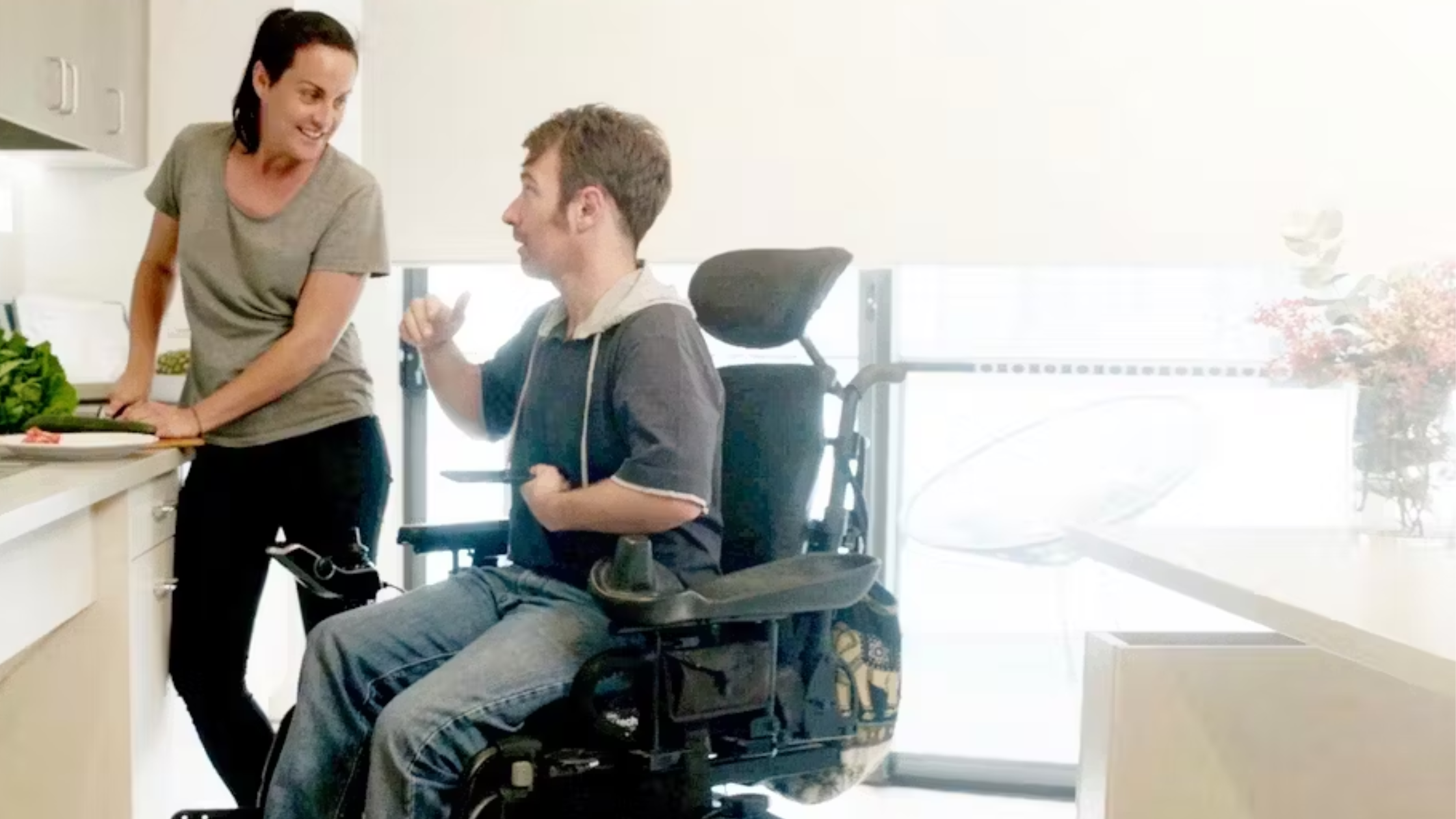
Top 7 Disability Services in Adelaide Every Family Should Know About
Caring for a loved one with a disability often comes with both rewards and responsibilities. Whether it’s assisting with daily routines or navigating the complexities of the NDIS, having access to the right support can make a world of difference. Fortunately, families in South Australia have access to a range of well-structured services that are designed not just to manage care, but to empower individuals toward more independent, fulfilling lives.
whether you’re planning for long-term assistance or exploring immediate care options.
1. Support Coordination
Understanding and utilising an NDIS plan can be complex. Support coordination bridges the gap between participants and the resources available to them. A skilled coordinator will assist individuals in:
- Interpreting their NDIS goals
- Finding suitable service providers
- Managing schedules, reports, and budgets
- Adjusting services as needs change
By ensuring that participants get the most from their plans, this service plays a pivotal role in long-term care success. If you’re unsure where to begin or how to manage your support, professional assistance can simplify the process significantly.
2. Assistance with Daily Living
Tasks that seem simple—such as bathing, dressing, or preparing a meal—can be major challenges for those with mobility or cognitive impairments. Support for daily living ensures individuals can live in comfort and dignity within their own homes. Services may include:
- Personal hygiene and grooming support
- Help with eating and mobility
- Household maintenance
- Medication reminders
This type of care is fundamental to preserving independence while also providing peace of mind to families.
3. Community Access and Participation
Isolation is a common challenge for people living with disabilities. Being connected to the wider community fosters emotional wellbeing and personal development. Through structured programs and personalised plans, participants can:
- Join local events and recreational groups
- Enrol in workshops and classes
- Reconnect with hobbies and interests
- Build social confidence
This aspect of disability services in Adelaide focuses not only on activity but also on inclusion. Access to social interaction and purposeful engagement is crucial for long-term mental and emotional health.
4. Short-Term Accommodation and Respite
Respite services give caregivers the opportunity to rest and reset, while offering participants a safe, supported change of environment. This short-term care typically includes:
- Temporary accommodation in a supported setting
- 24/7 assistance for personal needs
- Engaging activities and opportunities to socialise
- Emergency or planned relief care for families
Such services are vital during transitions, family emergencies, or simply as a means to avoid burnout. As part of the broader supportive care Australia landscape, short-term accommodation is increasingly being seen as both a necessity and a right.
5. Transport and Travel Support
Reliable and safe transportation is often overlooked, yet it’s essential for independence. With tailored transport assistance, individuals can attend:
- Medical appointments
- Day programs or employment opportunities
- Educational institutions
- Social and recreational outings
This service ensures participants aren’t limited by mobility or logistical challenges and can remain engaged in their wider community. It’s not just about getting from one place to another—it’s about freedom and access to life’s essential experiences.
6. Assistance with Household Tasks
Maintaining a clean, organised living space is foundational to health and wellbeing. Participants may receive help with:
- Cleaning and vacuuming
- Laundry and ironing
- Meal planning and grocery shopping
- Organising household routines
This kind of domestic support is particularly beneficial for those with limited physical capacity or cognitive barriers. It encourages a sense of independence while ensuring safety and comfort.
For those exploring reliable disability services in Adelaide that promote dignity and autonomy, household task assistance is a cornerstone offering.
7. Life Skills and Capacity Building
True empowerment comes from learning new skills and achieving personal milestones. Capacity-building services are designed to support this by helping individuals:
- Manage personal finances and budgeting
- Develop communication and interpersonal skills
- Learn to cook and plan meals
- Understand public transport systems
This type of training is personalised to each person’s capabilities and goals. For young adults transitioning to independent living or individuals seeking employment pathways, building life skills can open new doors.
Why These Services Matter
The NDIS aims to support participants in achieving their goals and living enriched lives. However, the services themselves are only as effective as the people who deliver them. What sets high-quality support apart is a focus on:
- Compassionate delivery
- Client-centred planning
- Flexibility to adapt to changing needs
- Respect for cultural, social, and individual preferences
Adelaide is home to a growing number of qualified providers who understand that disability care is not just about services—it’s about people, relationships, and real outcomes. That’s why many families look for providers who embody the spirit of supportive care Australia, blending professionalism with empathy.
Final Thoughts
Disability care today is about much more than managing symptoms—it’s about enabling lives. With access to the right supports, individuals can thrive in their homes, connect with communities, and reach goals that once seemed out of reach.
Whether you’re new to the NDIS or simply exploring better care options, the top disability services in Adelaide offer solutions that meet people where they are—and take them where they want to go.
For families seeking reliable, compassionate, and tailored support, Care To Support provides a wide range of services grounded in professionalism, empathy, and lived experience.
Recent Posts
- All Posts
- Blog






